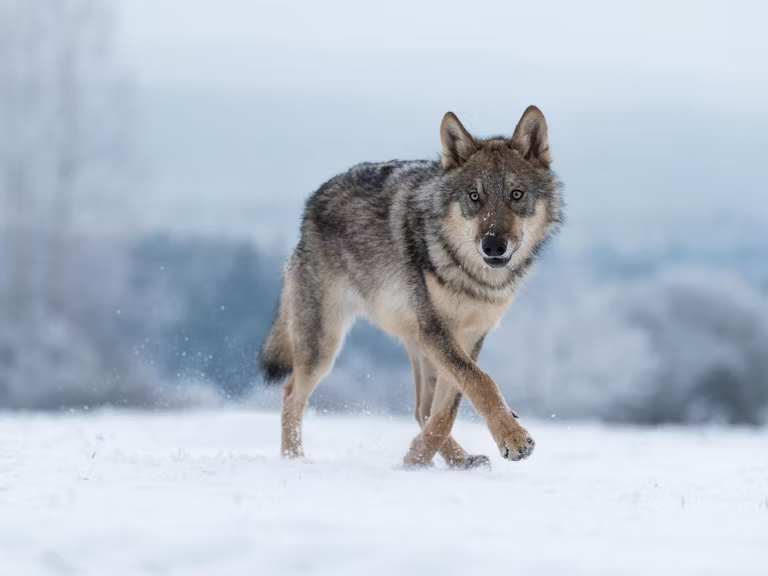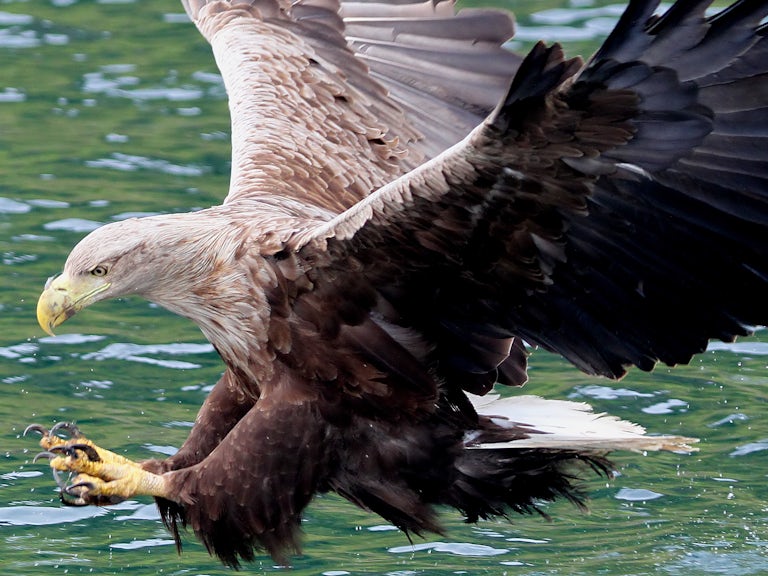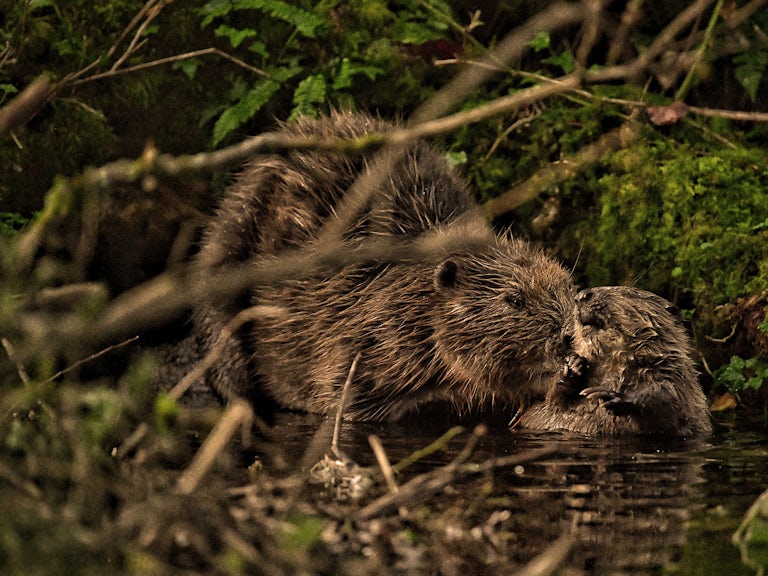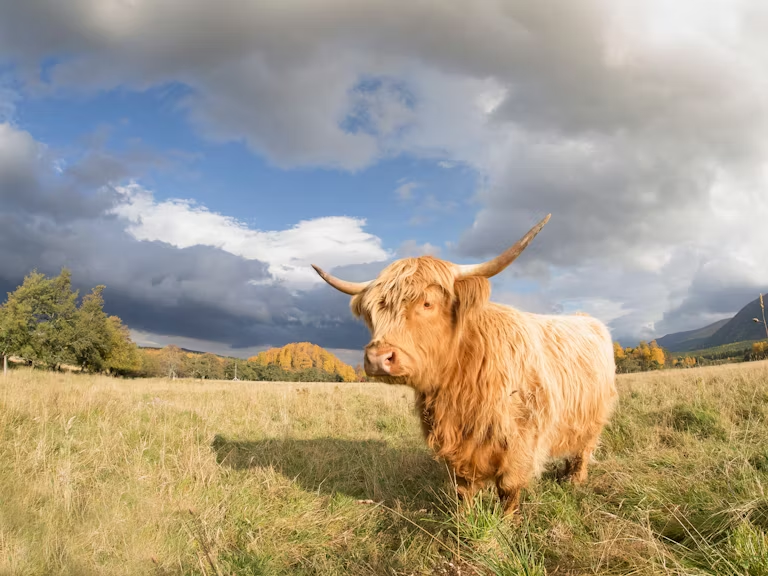Mapperton Wildlands
With ecotourism and social prescribing all part of the mix at Mapperton Estate, this is a rewilding journey with people at its heart.
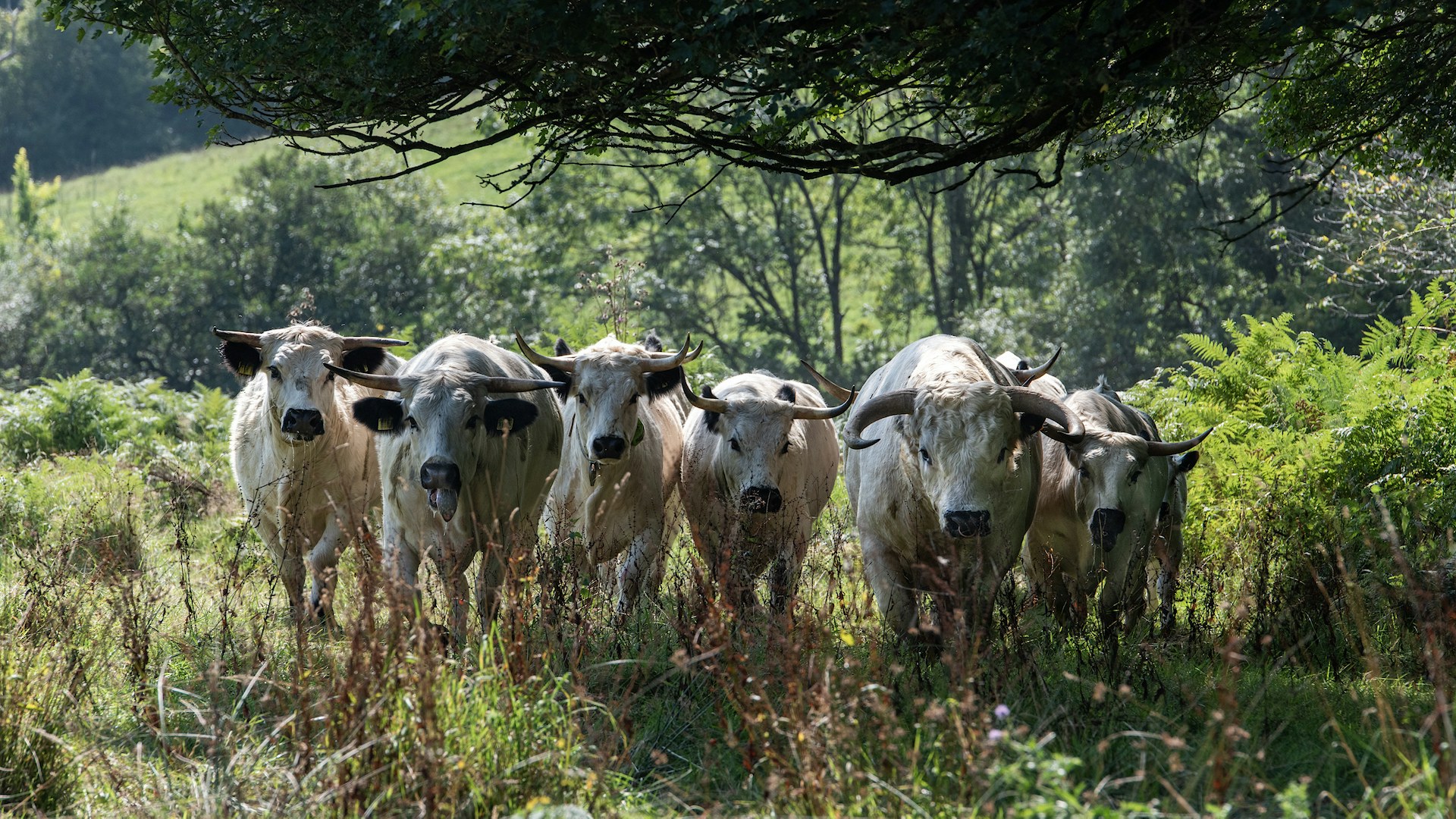
“It’s all about connecting people with nature, the landscape and the heritage of the area.” That’s the vision of Luke Montagu for the next chapter in Mapperton Wildland: social prescribing.
The idea is that local healthcare professionals will be able to refer patients to nature-based programmes on the Estate to support their health and wellbeing, a technique being employed by the NHS increasingly across Britain.
He and his team are developing a 12-week offer which includes a range of outdoor activities – from coppicing to foraging – to help people reconnect with nature. “We think it’s a really important part of the mix of things that we can do to engage with the local community as part of the Mapperton Wildlands project.”
Mapperton, a 770-hectare state in Dorset’s Area of Outstanding Natural Beauty consisting of five farms with a mix of arable, dairy, pasture and woodlands, started its rewilding journey in 2021.
They began with Coltleigh, a 80-hectare farm on the east of the estate, where a small herd of white park cattle arrived in the spring to play a vital role in the process.
Native grazers such as these – and the Exmoor ponies which are due in 2022 – can help restore landscapes back to a healthy state by creating a mosaic of different habitats, dispersing seeds as they move around, and fertilising the land with their dung.
“Social prescribing is a really important part of the mix of things that we can do to engage with the local community”
Luke Montagu
Mapperton Estate
Already Coltleigh is experiencing a flourishing of gorse, ever-expanding hedgerows and scrub – an often under-appreciated habitat for all sorts of creatures.
Next year, Iron Age pigs (a cross between a Tamworth pig and a wild boar) will be roaming the landscape, once Mapperton has doubled the area given over to rewilding, removed fencing and created new ponds. Beavers are also set to arrive, renowned for their eco-engineering skills which help provide habitat for other species, reduce flooding, and even improve water quality.
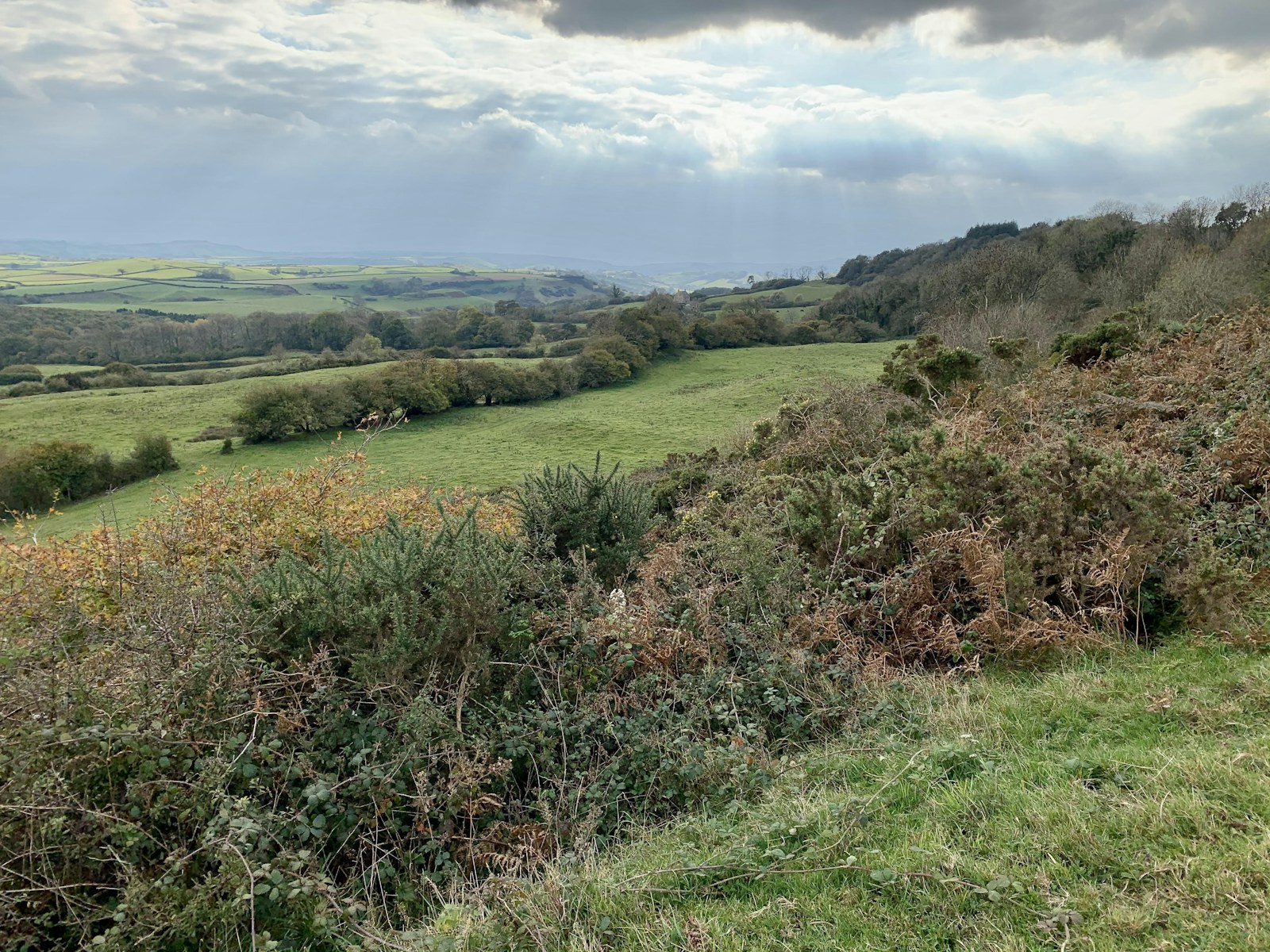
Nature-based enterprise
To help fund its rewilding plans, Mapperton has applied for a Countryside Stewardship subsidy which supports the creation of lowland wood pasture. This pays £499 per hectare per year for a 10-year period. This is what makes it all possible, says Luke.
Within that period, the Estate aims to expand its business activities so that its rewilding plan is economically sustainable in the long run.
It’s developing an ecotourism offer for visitors interested in finding out more about Mapperton’s rewilding journey. The new guided Wildlands Tours each focus on a particular species or habitat, and range from a ‘dawn chorus’ to an ‘orchid’ experience. The Estate has also launched glamping business Mapperton Camps and plans to convert redundant farm buildings and one or two cottages into holiday lets.
Of course all this means the project is generating more local jobs, including specialists to lead the tours, plus the marketing and managing of ecotourism and social prescribing activities. The Estate has just employed a ranger to look after the introduced animals, carry out scientific monitoring and to lead some of the tours.
Luke stresses that Mapperton still has farmers working on its land, where regenerative agriculture continues. While the Estate is ending driven pheasant shooting, it plans to develop sustainable rough shooting and deer stalking too.
Mapperton may be just at the start of its rewilding journey, but Luke anticipates that the Estate will eventually earn more income by embracing rewilding than if it had continued with business as usual. “I’m pretty hopeful about that,” he says confidently.
Read more about Mapperton Wildlands and other rewilding projects on the Rewilding Network map.
Page published March 2022

Explore our Rewilding Manifesto
Learn more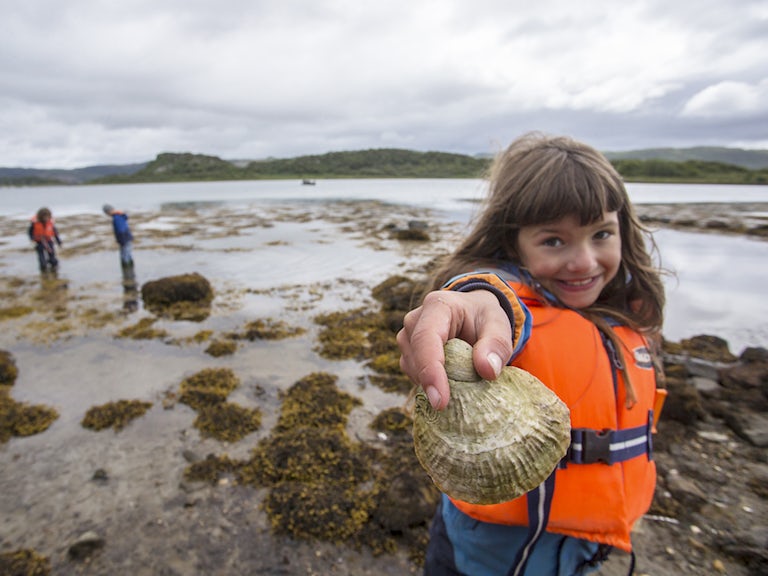
Our vision
We have big ambitions. Find out what we’ve set out to achieve through rewilding.
Our vision
